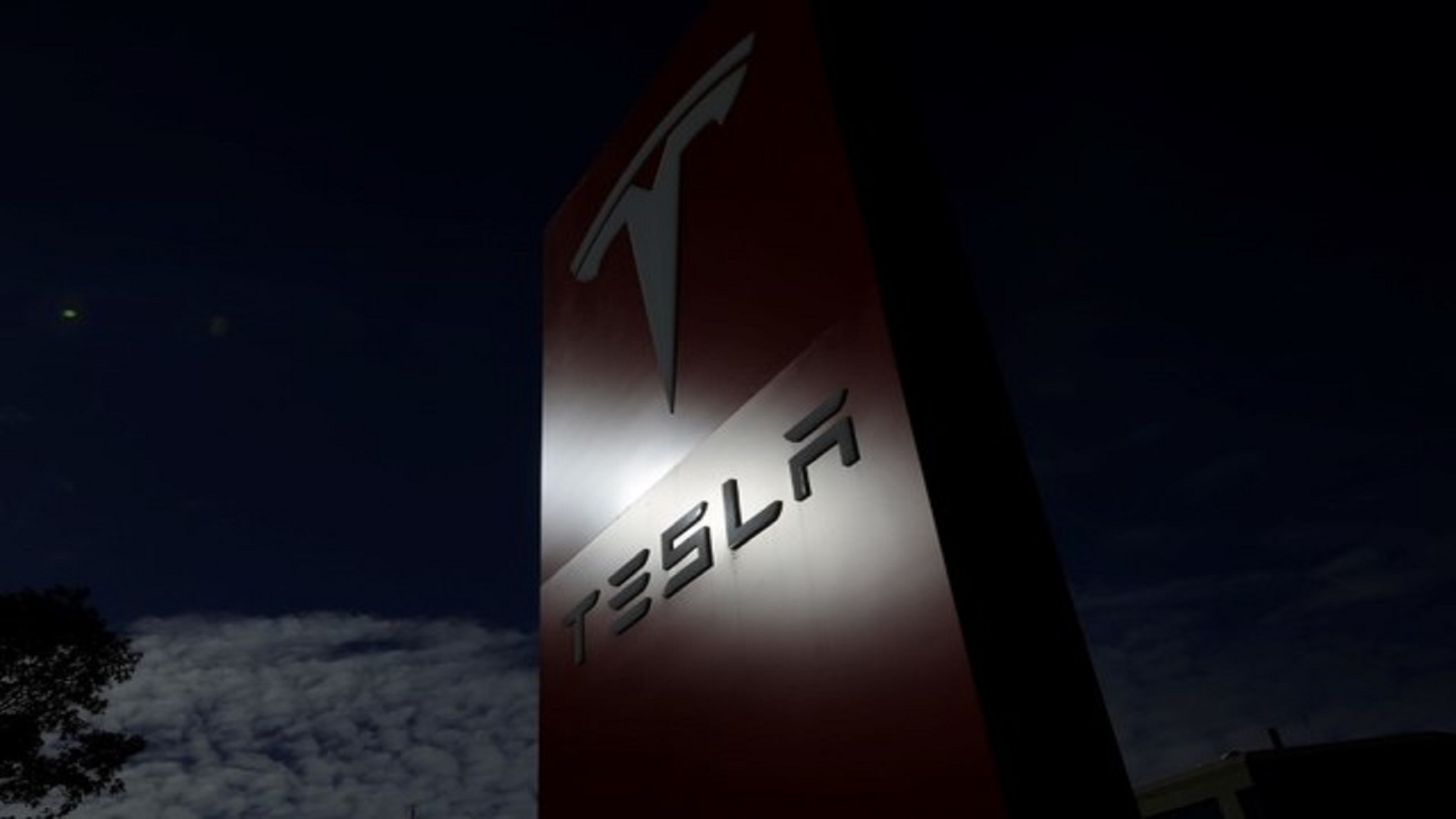Tesla on Monday reported a big increase in profit for the three months ending in June because it sold more than twice as many cars in the three-month period compared with a year earlier.
The company said it made $1.1 billion, or $1 a share, in the second quarter, up from $104 million in the same period a year earlier. It reported revenue of $12 billion, up from $6 billion.
Tesla sold more than 200,000 electric cars in the quarter, up from about 91,000 a year earlier when the coronavirus pandemic slowed sales and production for all automakers. Tesla sold 185,000 cars in the first quarter of 2021.
A significant portion of Tesla’s profit comes from selling regulatory credits to other automakers that need them to meet emissions standards. In the second quarter, it took in $354 million from the sale of credits. That compares with $428 million in the second quarter of 2020.
Tesla has managed to increase sales even as the auto industry has been hampered by a global shortage of computer chips, which serve as the brains for a variety of electronics, including engine controllers and touch screens. General Motors, Ford Motor Co., and other manufacturers have had to idle plants because of the shortage.
Tesla CEO Elon Musk has said the company has managed well during the shortage by switching to the kinds of chips that are more readily available and writing new instructions to be embedded in the chips — known as firmware.
Last month, however, he posted a message on Twitter suggesting the shortage of semiconductors was still affecting Tesla. “Our biggest challenge is the supply chain, especially microcontroller chips. Never seen anything like it,” he said. “Fear of running out is causing every company to overorder — like the toilet-paper shortage, but at an epic scale.”
The earnings report comes as Tesla is trying to lay the groundwork for a new phase of growth. It is building new factories in Austin, Texas, and near Berlin, and is getting ready to sell the Cybertruck, an angular pickup truck aimed at luxury-car buyers. It is also trying to finish developing a long-delayed semi truck. Musk had once forecast it would be in production by 2019.
The company is also contending with increasing competition from established and startup automakers who are introducing new electric cars. This year Ford started selling the Mustang Mach E, an electric sport utility vehicle that has sold well and taken market share from Tesla. Volkswagen has started selling an ID.4, another SUV. Rivian, a startup that has drawn billions of dollars in backing from Ford, Amazon, and other investors, is expected to start delivering an electric pickup and SUV in September.
On Monday, another startup, Lucid Motors, became a publicly-traded company by completing a merger with a special purpose acquisition company. Its stock was up about 6% Monday afternoon.
Lucid is headed by a former Tesla engineer, Peter Rawlinson. The company is taking a similar approach to Tesla by first selling a pricey luxury sedan, and following up with more affordable models. Rawlinson has said Lucid has made technological advances that will allow its car, Lucid Air, to travel about 500 miles on a full charge, about 100 miles more than the Tesla Model S.
This article originally appeared in The New York Times.


